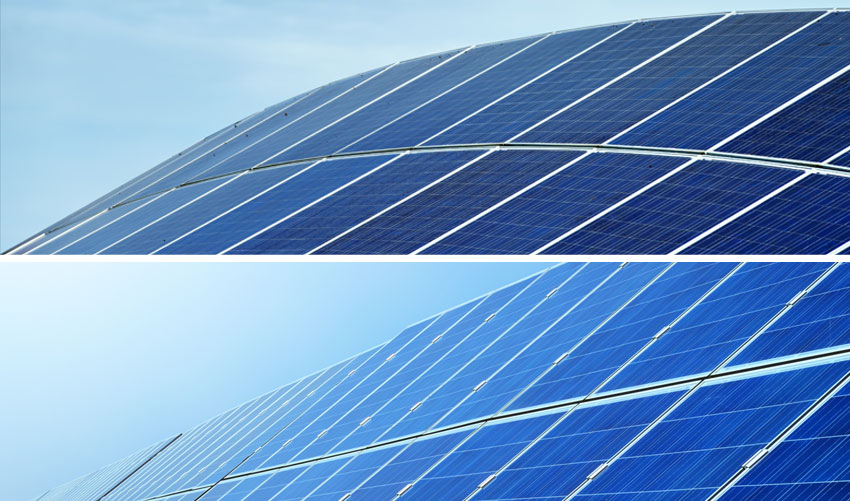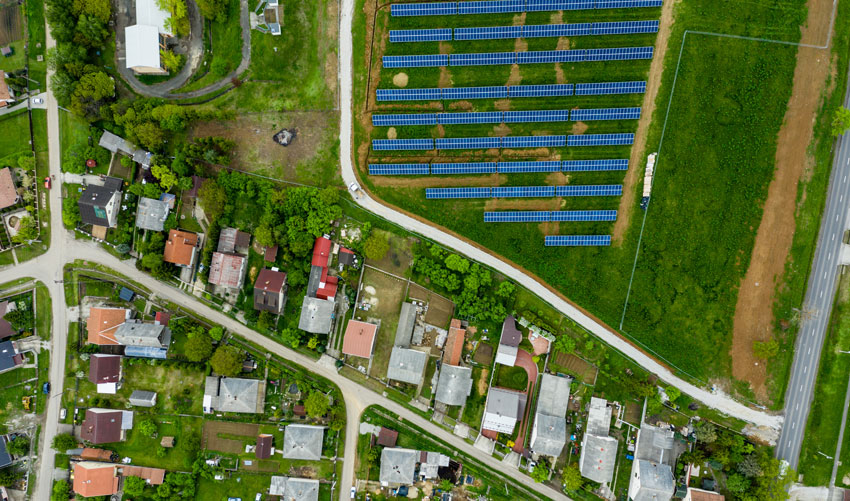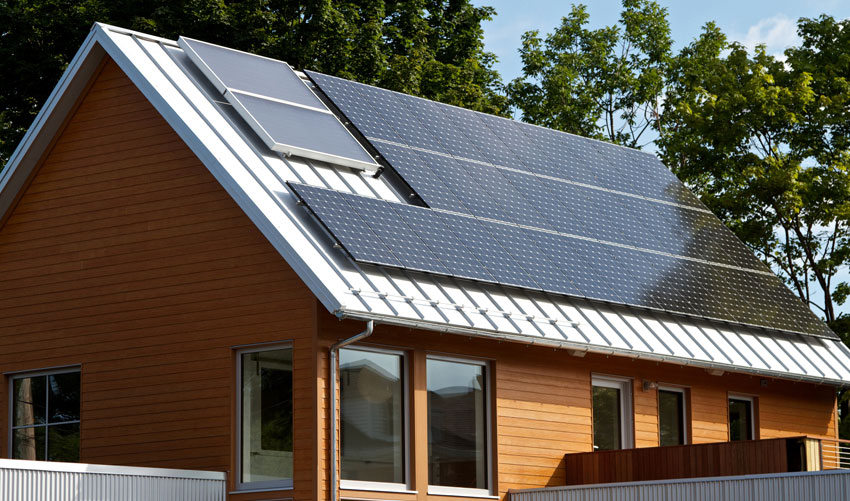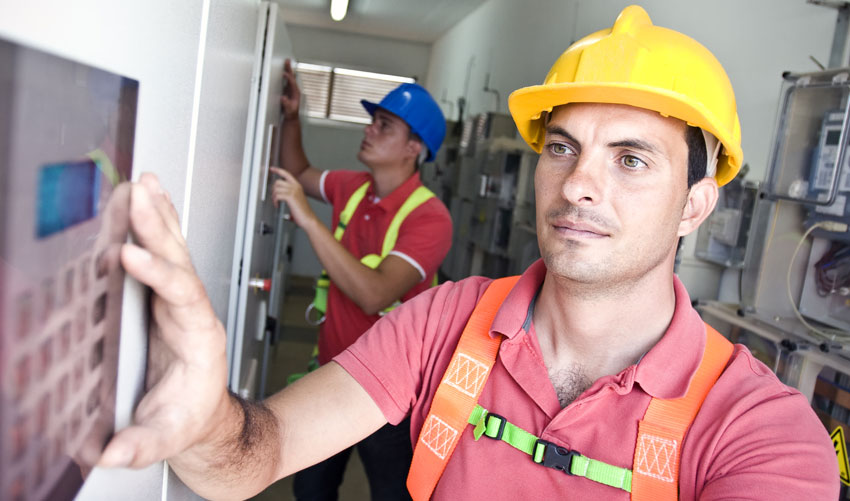There are many different types of solar panels. Considering the solar industry has continued to expand steadily over the past twenty years, the plethora of options is not surprising. However, the range in uses and efficiency might come as a surprise to potential solar panel customers.
With more decisions to make about the type of solar panels you want (and even how you would like to achieve solar energy), it can be easy to get lost. After all, solar power is not traditional, although solar panels have been around, for the most part, as we know them today since the 1950s. Nevertheless, most people only just began looking into solar likely because it only became widely affordable in 2008, there are a lot of questions.
One of the most confusing of those questions is whether flexible or rigid solar panels are right for you. Here is a look into the differences, pros, and cons of flexible vs. rigid solar panels. That way, you can be more prepared to decide which of these options will suit your needs best:
Flexible solar panels are usually meant for boats, RVs, and unique roofs that are curved or too fragile to handle traditional, (firm) solar panels. Here are the advantages and disadvantages of using flexible solar panels for your home or outdoor activities:
Pros of Flexible Solar Panels
Despite their flexibility, these solar panels have a lot of different pros that make them an appealing option for outdoor activities or a home on a budget.
Cost: Flexible solar panels cost a fraction of what firm solar panels cost. While rigid solar panels start around the nine-thousand dollar mark for installation, you can buy individual flexible solar panels for a little over a hundred dollars.
Go-Anywhere: Flexible solar panels are best for on the go use. If you are camping, spending some time off the grid, or have a smaller use for harnessing solar power, you can do it with these light-weight, go-anywhere flexible panels.
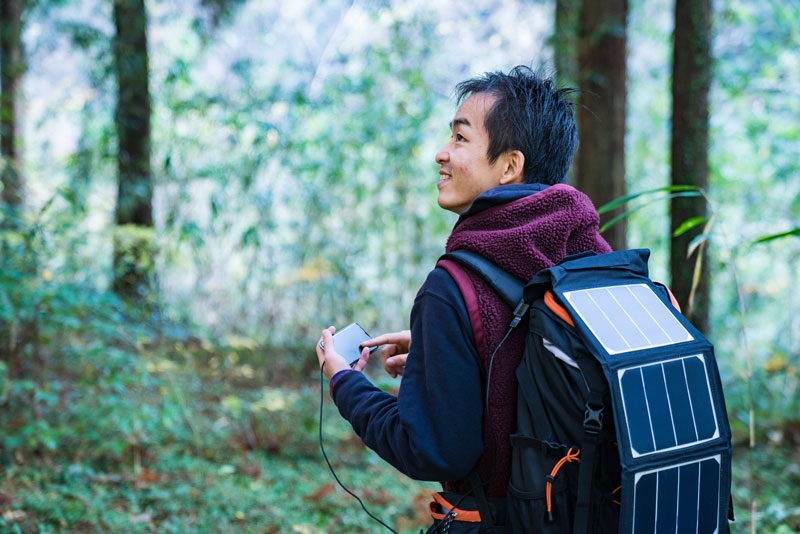
Flexibility: In addition to having the flexibility to bend over oddly-shaped roofs and go anywhere, there are also a lot of size variations in flexible solar panels. Considering these solar panels are designed to be used for camping and in other non-conventional areas, they have a lot of flexibility when it comes to where you can put them; so long as they have appropriate access to the sun, of course.
Cons of Flexible Solar Panels
Of course, with flexibility comes a few cons, which is why flexible panels remain primarily an outdoor excursion, RV-type use item:
Flexible Solar Panels are Not Comparatively Efficient: Can you get some power from flexible solar panels? Of course, you can. However, with flexible solar panels, the efficiency that you should expect is between 7-13%.
Cupping: The problem that is created by cupping is due to the flexible nature of flexible solar panels. If the solar panels get too hot, they can curl up, even slightly, which allows dirt, water, and debris to get stuck underneath the panel. This, obviously renders the panels far less effective.
Inability to Tilt: When it comes to solar panels, the ability to tilt your panels, especially in winter when the sun is lower on the horizon is extremely important. Sadly, most flexible solar panels do not have this ability and therefore, you are stuck with whatever you have at the angle you are at when you place your solar panels.
Rigid Solar Panels
Rigid solar panels are traditional and they are what you will likely find (and settle on) if you are putting solar panels on your house. Here are the reasons that people both choose rigid solar panels and also decide against rigid solar panels.
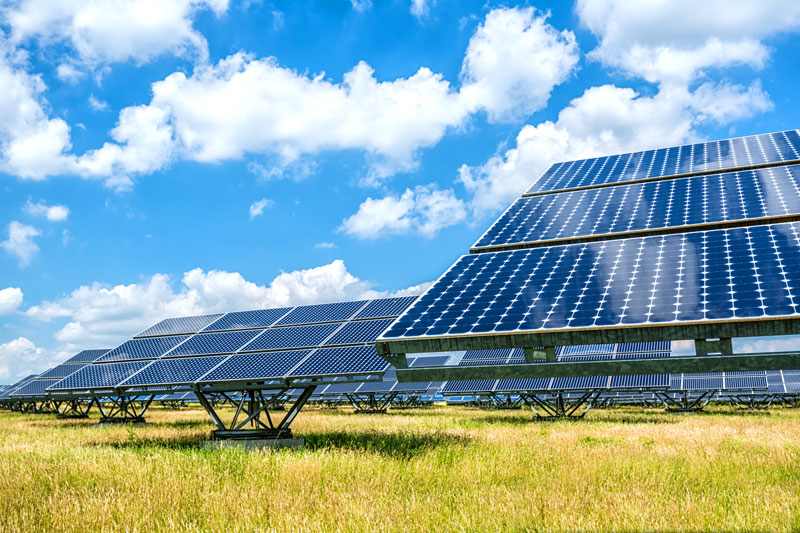
Pros of Rigid Solar Panels
When up against flexible solar panels, especially for use on a home or business, there are a lot of pros checked off in the rigid solar panels section. In addition to having higher efficiency, here are the other pros that come with rigid solar panels:
25-30 Year Warranty: For good flexible solar panels, you will receive a warranty of ten years but that is mostly on RV solar panels. Additionally, the reason this is the warranty number is that most RV dealers do not expect you to have an RV for more than ten years. However, the basic warranty for rigid solar panels is 25-30 years. This doesn’t mean that it will only last this long, there are some forty-to sixty-year-old solar panels that still work. This is just the number of years you should count on being covered for when you buy rigid solar panels.
Durability: Rigid solar panels are built to last, outside for at least a quarter of a century. Therefore, they are built to be durable. Is it possible for debris and dirt to impact your rigid solar panels negatively; yes, especially if they are not being taken care of properly. However, between flexible and rigid solar panels, rigid solar panels will definitely win in the durability test.
Panels Can be Turned Toward the Sun: Rigid solar panels come with the ability to be turned to get the most sun, no matter what time of year. This ensures that you are able to get the best possible efficiency, no matter where the sun is located.
Cons of Rigid Solar Panels
While rigid solar panels are great for most households and businesses, there are a few cons that even the staunchest rigid solar panel supporters cannot completely overlook:
Costly: Rigid solar panels are costly, no matter how you cut it. There are plenty of different price points but for anyone who is getting rigid solar panels installed, you are going to be paying at least nine-thousand dollars. That is a good amount of money to put out for investment.
Rigid Solar Panels Are Stuck Where They Are Installed: Rigid solar panels are not meant to be mobile. They are heavy, bulky, and hard to install. Therefore, once they are put in place by a solar power professional, that is usually where they stay. So, if you are looking for a quick and easy solar solution you can pick up and move with, rigid solar panels probably are not going to be right for you.
Essentially, whether you need flexible or rigid solar panels depends on your intended use, the amount of space you need to power, and the budget you have to do it. Ultimately, the solar panels you choose are dependent on what is going to make your life easier and more functional. Whether you are planning a road trip in an RV or you want to switch to solar for your whole house, there are plenty of options out there.
